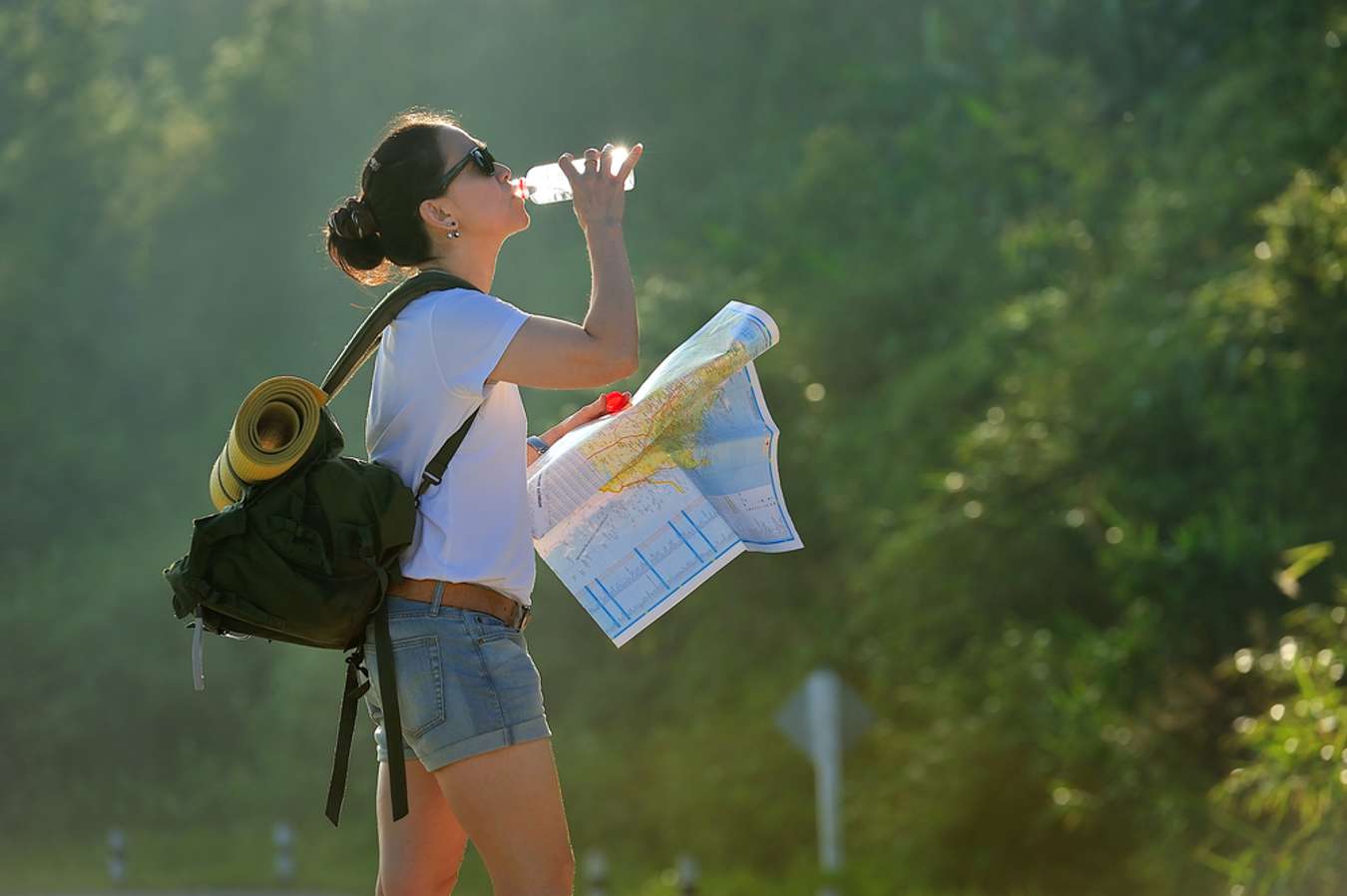Traveloka PH
14 Jun 2017 - 3 min read
10 Tips On How To Avoid Getting Sick While Traveling
1. Observe proper hygiene
Washing your hands before and after eating is probably the simplest way to avoid viruses. Doctors recommend that hand washing should be for at least 20 seconds. Also, instead of just rubbing the palm and the fingers, include cleaning under the nail beds too. (Note: If travelers can’t wash their hands right away, avoid touching the face to prevent germs from entering the nose, eyes, and mouth).

2. Stay hydrated

Staying hydrated while traveling is a must - especially for those into kayaking and hiking trips. Two bottles of water have to be packed for the trip itself and another bottle should be consumed for lunch (upon returning, it is good to drink some more to replenish lost fluids).
3. Be careful with the water you drink
Travelers who often go from one place to another should see to it that they drink filtered water only - as to avoid an upset stomach. While using tap water is fine for taking a bath, a different bottle by the sink should be kept for brushing the teeth and gargling (avoid ice in your drinks too as you are unsure of its source).
4. Avoid food spoilage

Food contamination is one of the leading causes for an upset stomach (to say the least). Make sure that your food is fresh, properly cooked, and served hot. If it smells funny or if you think the appearance is questionable, then better discard it than taste it. Also, avoid the following if they've been sitting out for a while - especially in the heat:
5. Fight mosquitoes
Dengue is a nightmare for any traveler. Other than that, mosquitoes also cause chikungunya and malaria. Here are some preventive measures and tips tourists should keep in mind to protect themselves from mosquito bites:
6. Heat protection

Per Nomadic Matt, protecting the body against the heat of the sun goes beyond shunning sunburns. Staying hydrated (as mentioned earlier) is important when going to a place with a hot or tropical climate. Covering up with loose clothing, wearing a hat, or a scarf and sun block helps a lot, too (recommendations for sun protection: SPF 30).
7. Take antimalarials
Always bring medicine and take antimalarials. There are plenty of prophylaxes available and each has a range of both normal and rare side effects. However, note that each antimalarial acts differently on different people. The majority, actually, suffer no side effects.The question is, when is it really necessary to take antimalarials? Well, there are factors to consider like the level of risk of malaria in the destination, the time of the year, and the type of activity. Consequently, to understand whether there had been current outbreaks in the area or none is a vital factor.
8. Vaccine shots

Prevention is better than cure. With that in mind, nothing is better at preventing the risk of getting a disease than being vaccinated. Nevertheless, not all vaccinations are required for every individual for every trip. To better illustrate, there are three distinct categories:
9. Consult
Make an appointment with a travel health professional. Discuss the itinerary and tour plan before heading out. The recommended time to see a health professional is six to eight weeks before the travel date.
10. Pack motion sickness pills
Traveling may entail several flights, cruises, or winding roads that may make you sick - with that being said, make sure you have a supply of motion sickness pills. Do take them sparingly though and only when necessary. Drinking the pill too soon may make you woozier than intended, while taking them to late lessens the chances for effectivity.Going on a trip? Discover cheap hotel deals and cheap flights from carriers like Philippine Airlines, AirAsia, and more with Traveloka!]]>


 Facebook
Facebook Instagram
Instagram TikTok
TikTok Youtube
Youtube
